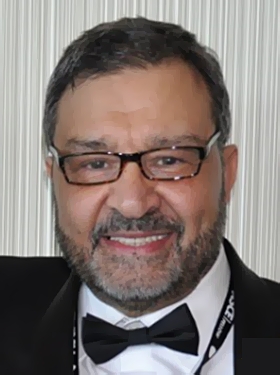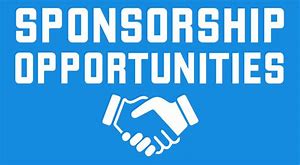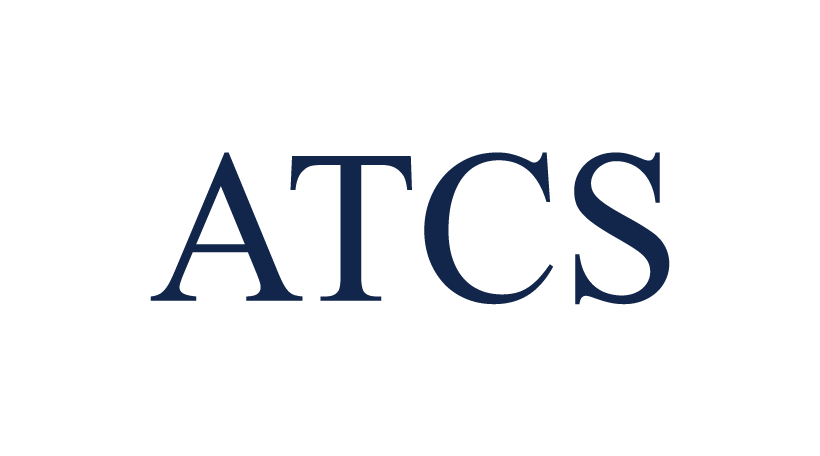Teaching Engineering Ethics to Our Engineering Students: The Story of a National Contest
Engineering has a direct and vital impact on the quality of life for all people. Accordingly, the services provided by engineers require honesty, impartiality, fairness, and equity, and must be dedicated to the protection of the public health, safety, and welfare. In this month’s Dr. Z’s Corner article, we’ll discuss a real-world case study in ethics and how we use this opportunity as a tool to teach engineering ethics to our engineering students. I still remember the joy of team UDC, with my late colleague and friend Philip Brach (Phil), winning another prestigious national competition. The contest was about ethics, sponsored by the National Society of Professional Engineers (NSPE) and titled “2007 Milton F. Lunch Ethics Contest.”
A civilized society requires acceptable habits and customs if it is to survive anarchy. Historically the prohibitions of unacceptable practices were through the sanction of either law or religion. Less serious offenses were usually dealt with by socially ostracizing the offender. Today our customs are divided into moral or ethical issues. Dan H. Pletta defined morals as the principles or the standards of right or wrong conduct involving voluntary action, and ethics, as the study of human actions regarding right or wrong.
An engineer is a critical player in any modern technological society. His or her values, and how he or she participates in the global economy, is and will be a critical component of the well being of our society. As engineering educators, we have an important role to play in forming the “ethical values” of the engineers of the future and tempering them in the application of ethics regards to their practice of the engineering profession.
Here we’ll focus on that aspect of acceptable human behavior known as ethics: precisely, the ethical behavior expected of engineers in the practice of their profession.
Each year NSPE announces a question of ethics. Engineering students and engineers have the opportunity to answer the question and submit their arguments in support of their answers to the question. There is a $1000 prize to those that submit the best analysis and defense.
As an instructor, we first present the case to the students and explain the facts. Then, the students are assigned the task of determining which sections of code might be relevant to the ethical issue in question. Then collectively, a discussion among the students is held in class to arrive at a consensus of which canons will be used to determine the ethics of the case and to defend their answer to the question.
The following is the summary of a response that was submitted by our engineering students at UDC to the 2007 Milton F. Lunch Annual Ethics Contest. Our students made us proud again and won the 1st Prize.
Ethics Contest Question
A licensed engineer (Engineer A) advertised on his website that he would “seal” drawings for a fixed price. Is this action ethical or unethical?
Our senior class found this ad to be unethical as did the NSPE Committee.
The NSPE Code of Ethics indicates under professional obligations, “Engineers shall conform with state registration laws in the practice of engineering” (III.8a). The question here is, to which state is he going to conform, if his service is designed to meet with every local or state requirement. This is impossible to accomplish as regulations and laws differ from one state to another. Therefore, in this case, Engineer A’s website is an exaggeration of his ability to provide services in areas where he is not licensed.
Not only that, the website’s claim is unethical because Engineer A is charging a nominal fee for sealing any project and this is not right. Because it is impossible to know how much work is required to perform a thorough review of the required documents to assure that they conform to every applicable engineering standard. Engineer A also overlooks the potential for complicated designs in pursuit of attracting customers, which could lead to unsafe consequences. The Code of Ethics states “Engineers shall not promote their own interest at the expense of the dignity and integrity of the profession (III.1.e).
It is important to realize that right or wrong is an essential aspect of behavior, however in our class on ethics our primary goal was to expose the students to a process for arriving at an ethical decision. As with the adage, “Beauty is in the eye of the beholder,” so also is the issue of ethics, a function of culture and background.
As engineering educators, our goal should be to ensure that our students have experienced the process of critically examining their professional behavior in accordance with the established ethical norms.
Until next time,
Ahmet Zeytinci (Dr. Z.)
This email address is being protected from spambots. You need JavaScript enabled to view it.








